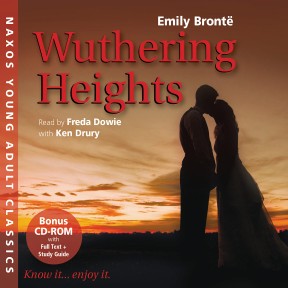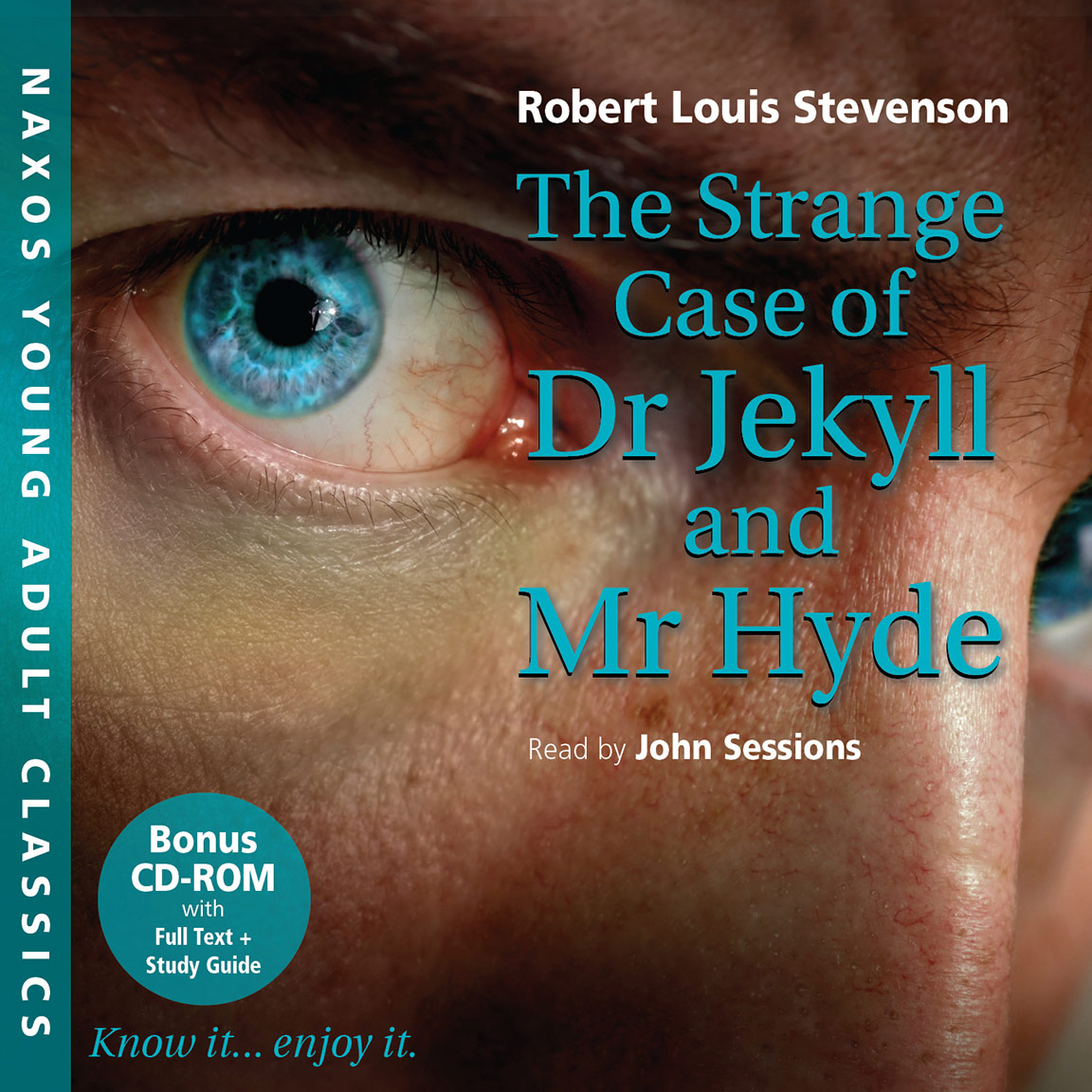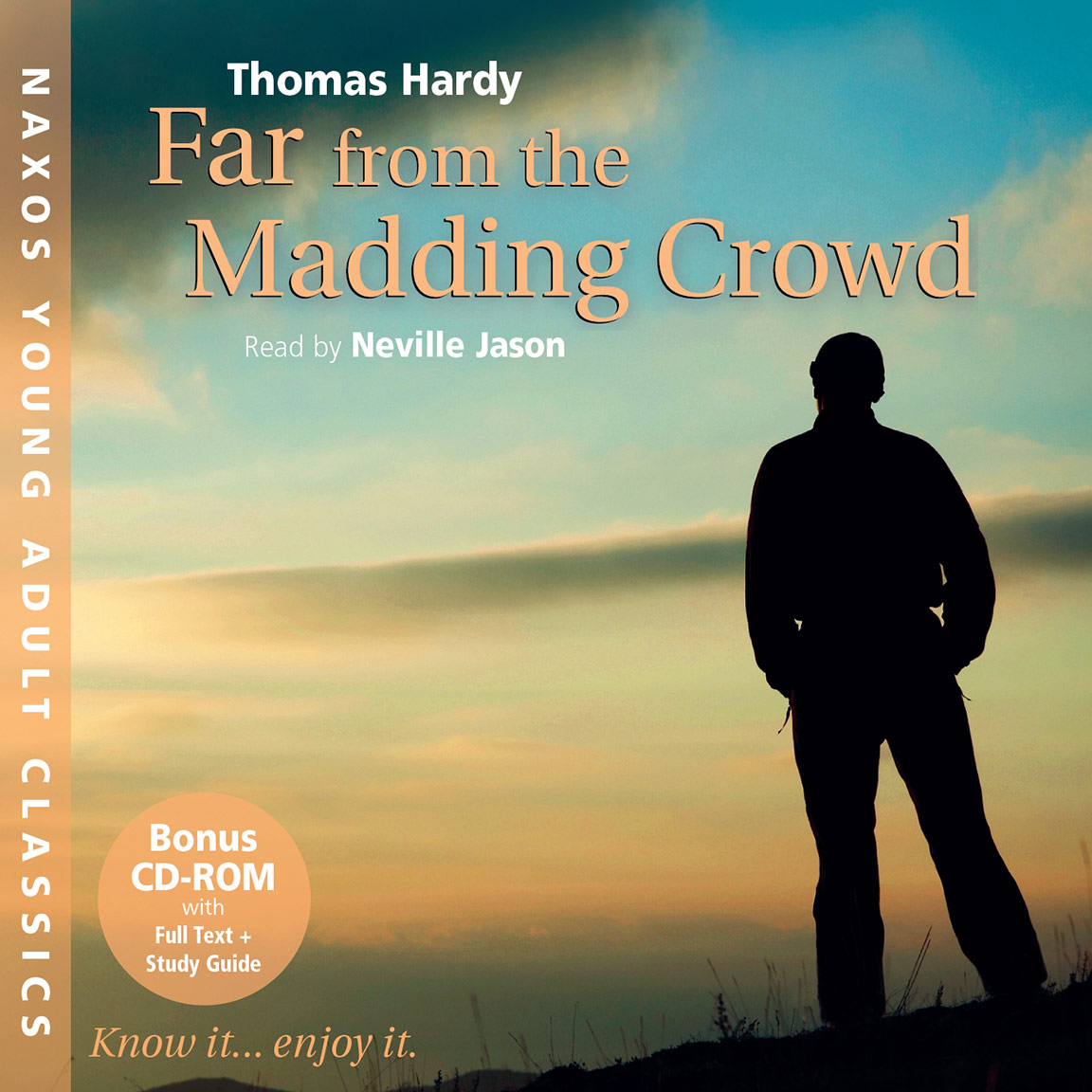
Audio Sample
Emily Brontë
Young Adult Classics – Wuthering Heights
Read by Freda Dowie & Ken Drury
abridged
Released in our ‘Young Adult Classics’ format, Emily Brontë’s classic story of passion and enduring love is a masterpiece of the gothic genre. Menacing, mysterious Heathcliff and willful, beautiful Cathy are two of the best-known characters in all of English literature. Freda Dowie gives a compelling reading of a novel as bleak and elemental as the moors upon which it is set. This is part of the ‘Young Adult Classics’ series launched by Naxos AudioBooks in 2009: each title contains a CD-ROM with extensive ‘teacher notes’ and the full text of the audiobook.
-
Running Time: 3 h 42 m
More product details
Digital ISBN: 978-962-954-894-0 Cat. no.: NA399812 Download size: 54 MB Produced by: Nicolas Soames Edited by: Simon Weir Abridged by: Heather Godwin BISAC: YAF009000 Released: August 2009 -
Listen to this title at Audible.com↗Buy on CD at Downpour.com↗Listen to this title at the Naxos Spoken Word Library↗
Due to copyright, this title is not currently available in your region.
You May Also Enjoy
Booklet Notes
WHY STUDY LITERATURE?
The famous Greek philosophers Plato (427–347 BC) and Aristotle (384–322 BC) first clashed when answering this age-old question. Plato felt that literature should be banned. He believed that it was a poor copy of the real world and inflamed people to do stupid and wild things in the manner of its heroes. But Plato’s pupil Aristotle argued that far from corrupting our minds literature actually improves us, enabling us to become more moral by making us feel both pity and fear for its central characters.
The argument today remains more or less the same. Literature’s detractors believe it can lead us astray by making us feel sympathy for evil characters, while literature’s defenders take Aristotle’s view that by feeling for fictional characters we become better people, better at empathising and imagining ourselves in different situations.
As a teacher and lover of literature, I take Aristotle’s view: literature takes us to places that we would never otherwise experience. And reading about murderers doesn’t mean we will imitate them; we may actually learn from their grave errors. Literature affords us the chance to live through other people’s tragedies and triumphs, as a result of which we ourselves may emerge wiser, more thoughtful and happier than before.
Francis Gilbert
EMILY BRONTË’S LIFE
1818 Born 30 July at Thornton, near Bradford, Yorkshire.
1820 The family moved to Haworth in April.
1821 Mrs Brontë died of cancer in September.
1824 Emily and her sister Charlotte joined their older sisters, Elizabeth and Maria, at the infamous clergy daughters’ school at Cowan Bridge, Lancashire, which is depicted in Charlotte’s Jane Eyre.
1825 She and Charlotte left Cowan Bridge after the deaths of their older sisters. They, with their siblings Branwell and Anne, invented the imaginary Kingdom of Angria, about which they wrote many books.
1831 She and Anne invented a rival Kingdom of Gondal after Charlotte went to Miss Wooler’s School at Roe Head.
1834 Wrote her earliest dated manuscript – which mentioned the Gondals discovering a place called Gaaldine.
1835 Studied at Roe Head where Charlotte was teaching, but returned home after being taken ill.
1836 Wrote her earliest dated poem in July.
1837 Worked as a teacher for about six months, leaving due to homesickness.
1838–42 Wrote over half of her surviving poems.
1842 Studied music, French and German at the M. Heger’s school in Brussels. Returned home in October for her aunt’s funeral and remained
to keep house.
1843 Alone at Haworth with her father, this was a time of creativity and freedom for Emily.
1844 Began to arrange her poems into two notebooks, separating the non-Gondalan from the Gondalan material.
1845 The Brontës gave up their hopes of having their own school. Branwell, working on a novel, introduced his sisters to the possibilities of making money through writing. Having discovered her poems, Charlotte convinced Emily to collaborate on a volume of poetry. Emily began Wuthering Heightsin December.
1846 Poems by Currer, Ellis and Acton Bell published by Charlotte, Emily and Anne. In adopting male pen names, each beginning with the first letter of their real names, the sisters were avoiding contemporary prejudice against female writers.
1847 Wuthering Heights, her only novel, published with Anne’s Agnes Grey. Although it received mixed reviews at the time, the tale of the passionate yet thwarted love between Heathcliff and Catherine is now considered an English literary classic.
1848 After excessive alcohol and drug abuse, Branwell died. Emily left home to attend his funeral, catching a severe cold which developed into inflammation of the lungs. Refusing medical help, she died 19 December and was buried beside her family at Haworth parsonage.
1850 Wuthering Heights was reissued under Emily’s real name, along with a biographical notice by Charlotte.
1893 The Brontë Society established.
1941 Hatfield’s edition of The Complete Poems of Emily Jane Brontë published.




